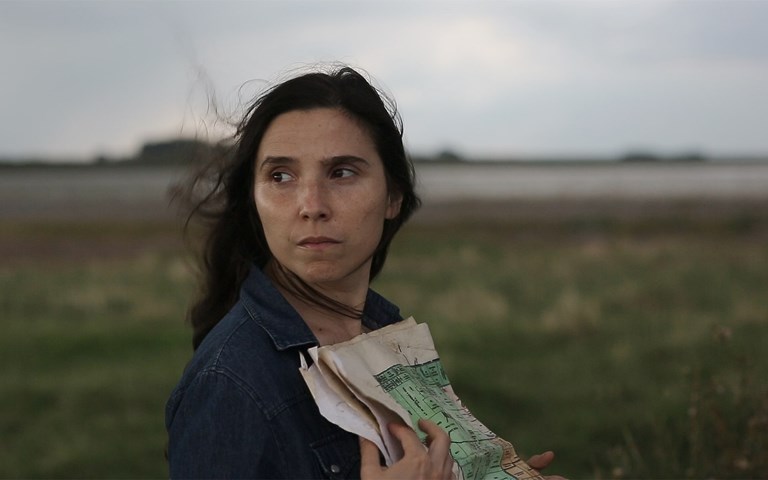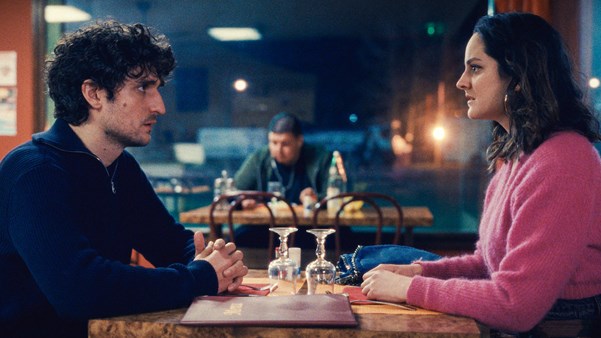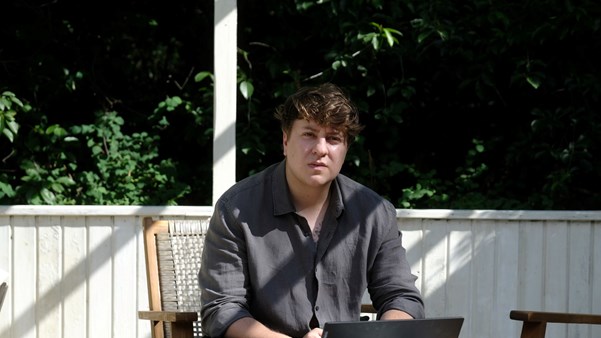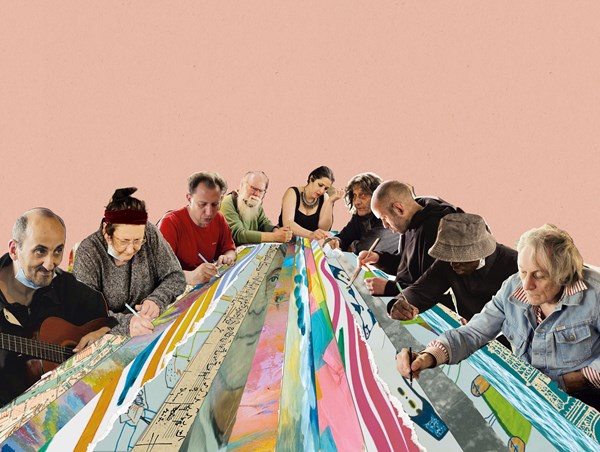The Argentinian filmmaker discusses rejecting the artifice of realism, blending fact and fiction, and creating a new form of cinematic storytelling with Curzon Home Cinema programmer Jade Turner.

Over the past 20 years, South America has established its dominance as one of the most dynamic, innovative and exciting regions for contemporary international cinema, with Argentina often leading the charge. When I sit down to watch Trenque Lauquen: Part 1 and Part 2, the latest films from renowned Argentinian production company El Pampero Cine (La Flor, 2018; Historias Extraordinarias, 2008), I have a jumble of emotions. My intrigue and enthusiasm for the film’s pedigree and enigmatic premise cannot help but be tinged with slight apprehension at the double bill’s extended runtime (together, the two parts clock in at almost four and a half hours). As soon as the film begins, however, my concerns instantly disappear. As it turns out, Trenque Lauquen is long because it covers so much story, and it does so joyously, in endlessly playful and surprising ways.
Part 1 begins with two men searching for a woman who has disappeared. They have their own theories about where Laura (Laura Paredes) has gone, but as they dive into the quotidian occurrences of the eponymous city, their investigation leads to more questions than answers. When I speak to director and co-writer Laura Citarella, she explains how she sees it. ‘It’s a film about mystery and it involves a lot of adventures, romantic and fantastic stories. In a way, I think it goes back to some classical idea of cinema, where you can just get into the experience, and it’s more like reading a novel than watching a film. I think it’s kind of a mutating film because you cannot describe it as only one thing. It changes all the time.’
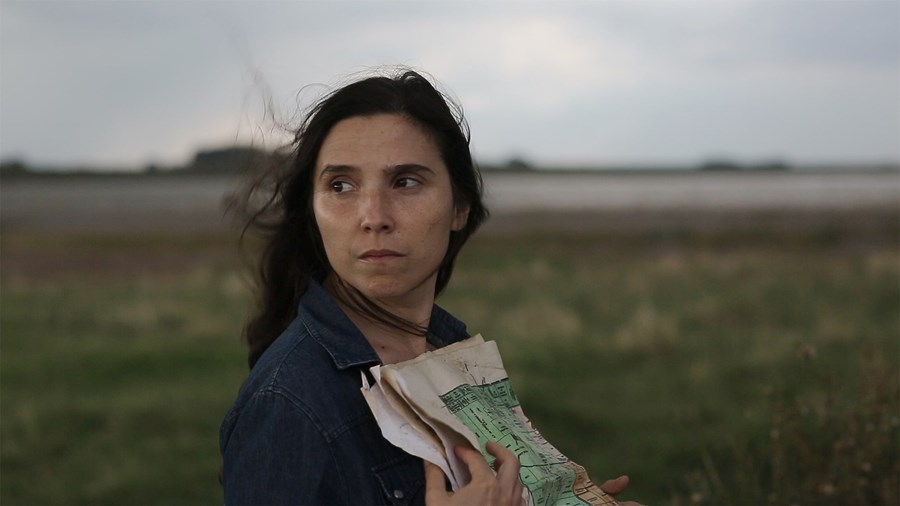
Trenque Lauquen (2023)
One of the most striking and thought-provoking shifts in the film is the distinction between Part 1 and Part 2. In the second part, Laura reclaims her story. After posing an ineffable enigma to the men who believe they are closest to her, Laura reveals her own subjectivity, rewriting their so-called ‘evidence’. Ingeniously, the film’s tone and style morphs to reflect Laura’s experience. Not only does the protagonist move from a passive to active participant as she unravels the misunderstandings surrounding her disappearance, but she also demonstrates how her interests and relationships are vast, complex and deeply meaningful compared to the limited portraits drawn by the men who only understand her in relation to themselves. It’s a beautiful, nuanced and ultimately somewhat melancholic representation of the realisation that we may never truly know other people.
On top of this, the distinctions between the two parts make for a fascinating and ruminative viewing process. ‘When we started working there was something very natural that we wanted to establish with the two ways of looking at things. One was the male way, trying to solve mysteries and be very logical and very structured and literal. And then, in the second part, we wanted to bring in Laura’s voice, which is different and more related to the female way of solving problems. It’s a more silent and not so logical way of dealing with things, because it has more to do with intuition. The women, they don’t care about understanding. There’s no eroticism in finding answers to everything.’
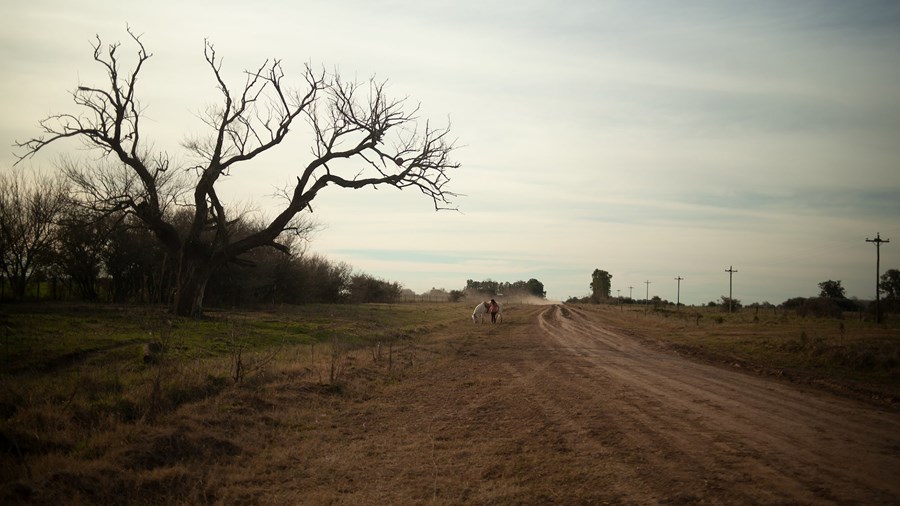
Trenque Lauquen (2023)
And the film, written by Citarella and Paredes, appears to take a similarly indifferent approach to realism and definitive explanations as the story progresses. But even if there are unanswerable questions at the end of Part 2, it’s hard to deny this uncertainty carries its own form of authenticity. Citarella is a passionate believer in rethinking reality through fiction and avoiding the artifice inherent in realism. ‘I think that we should have a different approach to reality because I don’t think that Trenque Lauquen is not having some conversations with reality. It is, but it’s doing it cinematically. It’s not trying to imitate or to expand the world through cinema; it’s like cinema is using reality to create something new. So, I think it’s not only better for cinema because it makes it alive, it makes it expand and find new ways and languages and shapes. But also, I think that it’s better to see the world through this kind of process. Sometimes it’s even more clear.’
Citarella’s filmmaking style backs up this sense of expansion and the possibility that the film itself creates a new hybrid world – neither purely fictional nor solely based in reality. Trenque Lauquen was filmed over six years, with cast and crew frequently making 500km trips to the director’s hometown to work on the production. Through this elongated production schedule, the film seeped into the team’s life, just as their lives became present in the film – Citarella’s pregnancy makes an appearance, as does a holiday to Turin – but it also allowed them time to keep thinking about the story, and continue investigating, experimenting and reinventing what they had already filmed. The inherent flexibility and freedom in El Pampero Cine’s methods results in something immersive that feels more akin to being wrapped up in a good book than watching most new releases.
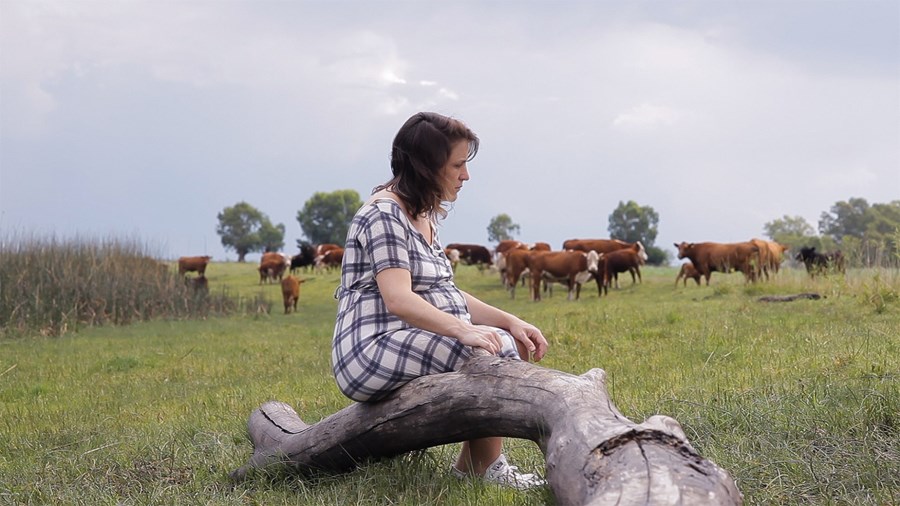
Trenque Lauquen (2023)
‘As filmmakers, we should try to make people watch the films, resisting standard shapes and standard ways of existing,’ says Citarella. ‘People are getting used to TV series and films made by platforms that are usually based on the content, scripts and theme, and are not playing very much with the idea of shape, which is something that I’m interested in and the people working with me are also very interested in. We want to touch people’s hearts – and I feel that’s really important – but you don’t have to underestimate the public by making dumb things. You have to trust that audiences are prepared to discover new things, to be surprised by new things. The problem is that you don’t have places to show these kinds of things because the platforms maybe aren’t interested. You have to find a way to do it yourself.’
Fortunately, for fans of Citarella’s filmmaking, the director has no plans to stop working in such a playful and exciting way, collaborating with her partners, husband and daughter. Even if parenthood and the demands of life in their 40s may be altering how El Pampero Cine makes its films, Citarella intends to keep working. ‘I’m not going to resign. I have to reinvent, maybe, the playful way of these narratives, which are very free and have conversations with our own lives, our own experiences. This doesn’t mean that I’m not able to make another kind of film someday, maybe a bigger, more classical or industrial film, but I think I wouldn’t feel very comfortable in a structure where I cannot try these games.’
WATCH TRENQUE LAUQUEN PART 1 & 2 IN CINEMAS OR ON CURZON HOME CINEMA
